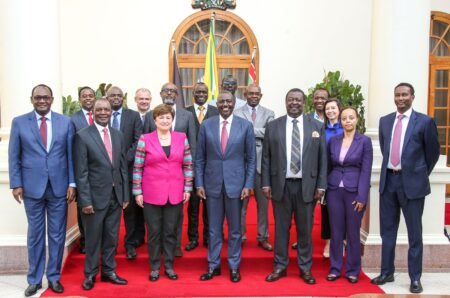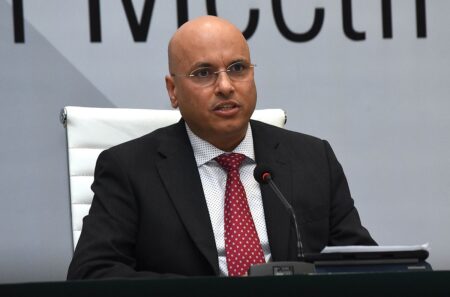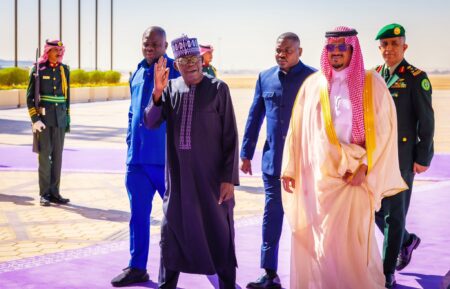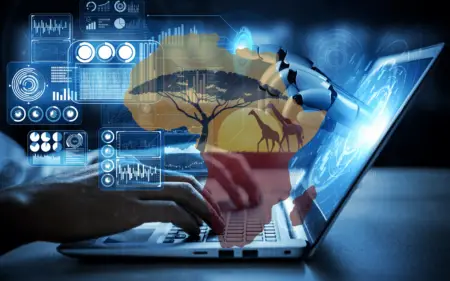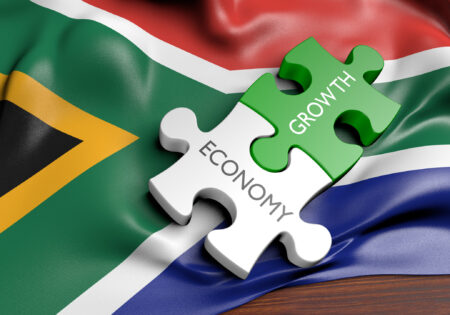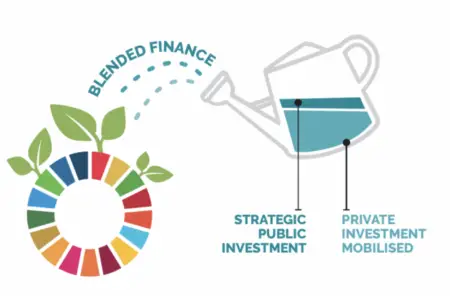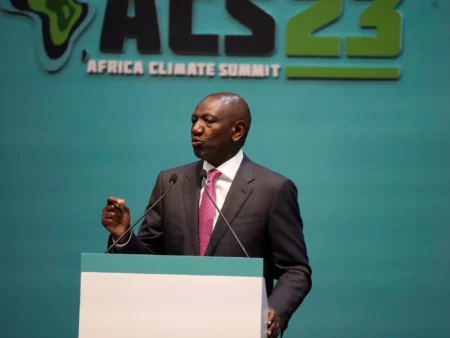- Abu Dhabi radiates optimism as over 300 startups join AIM Congress 2024
- TLcom Capital Raises $154 million in Funding to Boost Its African Growth
- Africa’s $824Bn debt, resource-backed opaque loans slowing growth — AfDB
- LB Investment brings $1.2 trillion portfolio display to AIM Congress spotlight
- AmCham Summit kicks off, setting course for robust future of US-East Africa trade ties
- Why the UN is raising the red flag on the UK-Rwanda asylum treaty
- Portugal’s Galp Energia projects 10 billion barrels in Namibia’s new oil find
- Wärtsilä Energy offers tips on how Africa can navigate energy transition and grid reliability
Browsing: economic growth
The International Monetary Fund (IMF) has committed an additional $938 million to Kenya as part of a strategy to stabilise the country’s economy.…
Bamburi Cement PLC has announced plans to sell its Ugandan business to Sarrai Group, pending regulatory approvals. The Board of Directors of the cement maker has approved the sale of its stake in Hima Cement Limited, Uganda, amid declining profits.…
- The Nigeria-Saudi Business Council could see the Middle Eastern country fund several sectors of the West African economy.
- Through the council, the Kingdom of Saudi Arabia plans to replicate various investments made in Pakistan, Indonesia, and India in Nigeria.
- Africa has increasingly become the subject of high competition between global economic powers.
Nigeria anticipates multi-billion-dollar “immediate” investment flows from the Kingdom of Saudi Arabia. This follows the signing of an agreement between the countries to establish a business council. The Nigeria-Saudi Business Council could see the Middle Eastern country fund several sectors of the West African economy. These include technological advancements, telecommunications, energy, oil and gas, and agriculture.
The two countries resolved to restore the Nigeria-Saudi Business Council. Crown Prince Mohammed bin Salman Abdulaziz proposed the Business Council in 2019. However, the former president of Nigeria, Mahammadu Buhari, resisted the council.
“We expect to see significant investment flow immediately,” Abubakar …
- Artificial Intelligence (AI) offers new job opportunities for tech-savvy African graduates.
- African policymakers must, however, protect current employees from job losses in the new AI era.
- Gen AI has the potential to offer solutions for Africa’s medical, nutrition, and financial difficulties.
Artificial intelligence (AI) is the new frontier, offering numerous possibilities for efficient productivity. However, what does it mean for Africa’s job sector?
AI means new job opportunities for tech experts. Yet, it also means lost jobs for less tech-savvy staff. For example, Generative Artificial Intelligence (Gen AI) can generate text, images, or other media using generative models. This implies that graphic designers, copywriters, artists, personal assistants, and others are no longer needed.
“Gen AI is being embedded in everyday tools like email, word processing applications, and meeting software, which means the technology is already positioned to radically transform how people work,” writes Sandra Durth, a researcher with consulting firm, …
According to John Howkins, the orange economy incorporates industries whose goods and services arise from intellectual property. These include research and development, radio and TV, visual and performing arts, publishing, advertising, music, software, gaming, design, film, crafts, architecture, fashion, and design. Artists, cultural non-profits, and creative businesses can produce and disseminate goods and services that generate jobs, revenue, and quality of life.…
South Africa is set to topple Nigeria and Egypt as Africa’s biggest economy in 2024. This is according to forecasts from the International Monetary Fund. According to IMF’s World Economic Outlook, South Africa’s gross domestic product will reach $401 billion per current price in 2024. On the other hand, Nigeria’s GDP will reach $395 billion, with Egypt’s GDP reaching $358 billion.
South Africa, the continent’s most industrialised nation, is expected to maintain the top spot as Africa’s biggest economy for only one year. In 2025, the country will again lag behind Nigeria and fall to third place behind Egypt a year later. This is according to the IMF’s World Economic Outlook, a report released last week.…
With its immense potential and vast resources, Africa stands at a critical point in its economic growth path. While the continent has promising economic prospects, it also has significant challenges that have impeded growth. A concept known as “blended finance” has gained popularity in recent years as a viable answer to assist governments in overcoming economic challenges. As a result, it is vital to look into what blended finance is, how African economies can leverage its benefits and its crucial role in supporting sustained growth across the continent.…
According to Investopedia, a gig economy is a labour market mainly reliant on temporary and part-time work filled by independent contractors and freelancers rather than full-time permanent employees. A gig economy produces cheaper, more efficient services for those willing to use them.
A gig is a broad category that includes a wide range of positions. Work can range from cab driving or restaurant delivery to writing code or freelance essays. Instead of tenure-track or tenured professors, adjunct and part-time professors are contracted employees. By recruiting more adjunct and part-time teachers, colleges and universities can save costs while also better-matching instructors to academic needs.…
A considerable gap exists between symbol and substance regarding an African climate change approach. Foreign leaders often nod to how Africa accounts for only four per cent of global emissions but bears the brunt of the devastating climate change effects. Rising temperatures, extreme weather conditions, and ecosystem disruptions threaten millions of Africans’ livelihoods.
For many communities across the continent, the climate threat is already existential. With 18 per cent of the global population, Africa has 16 of the 20 countries most vulnerable to climate change, according to Notre Dame Global Adaptation Initiative.…
Russia’s invasion of Ukraine in February 2022 threw oil and gas markets into disarray. Consequently, the world experienced the first real global energy crisis during the uneven economic recovery from the COVID-19 epidemic. Russia’s inclusion in the OPEC+ group has hampered international attempts to manage the situation. This has made it harder to handle the significant inflationary effects of rising global fuel prices, particularly in developing nations.
Global fuel prices have risen exponentially in the last few months. The rise is hugely significant, as it has seriously aggravated the global cost-of-living crisis. African economies have particularly been on the receiving end. The continent has suffered from disrupted supply chains and a slowdown in the global economic outlook. Thus, rising energy costs complicate matters even further.…





